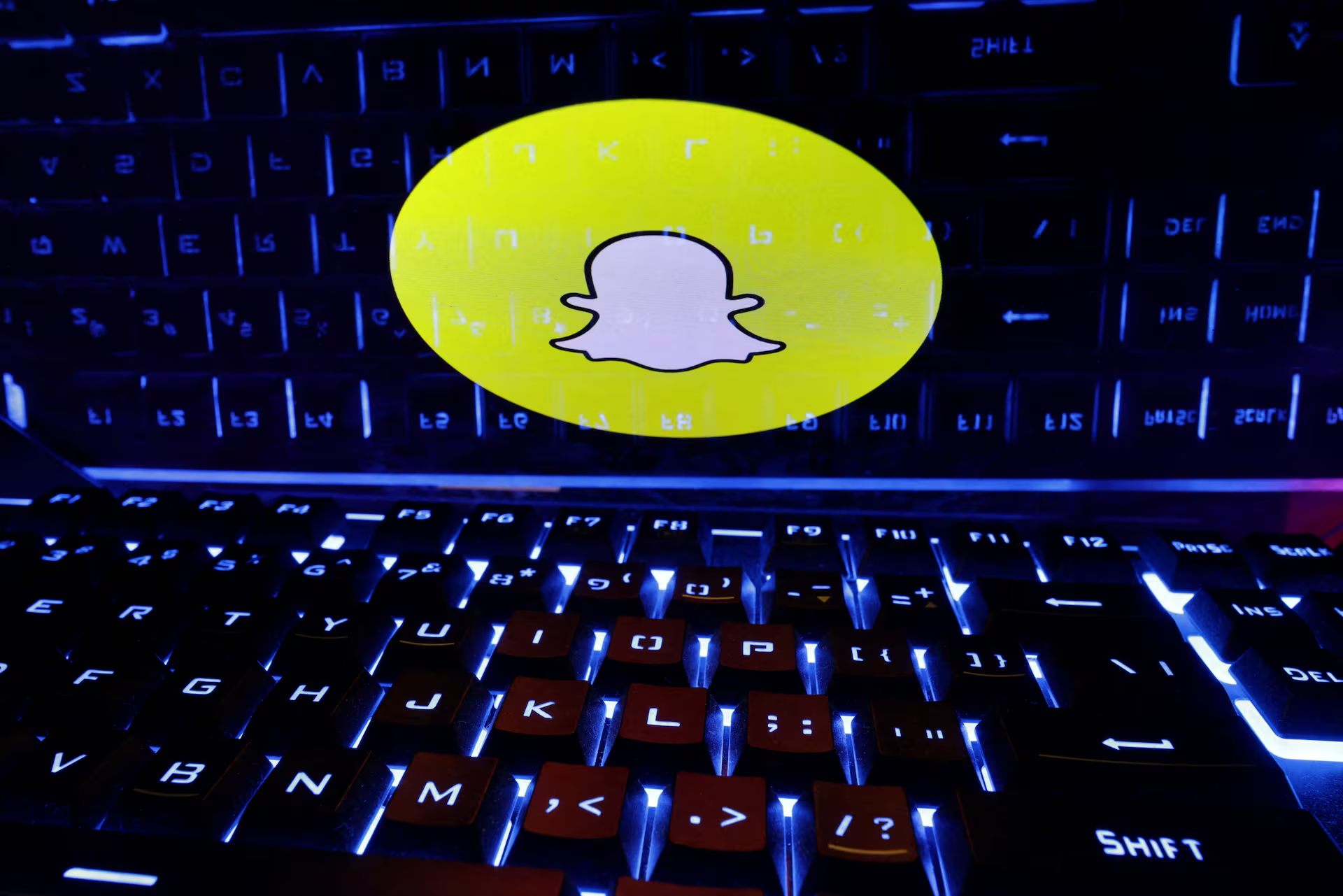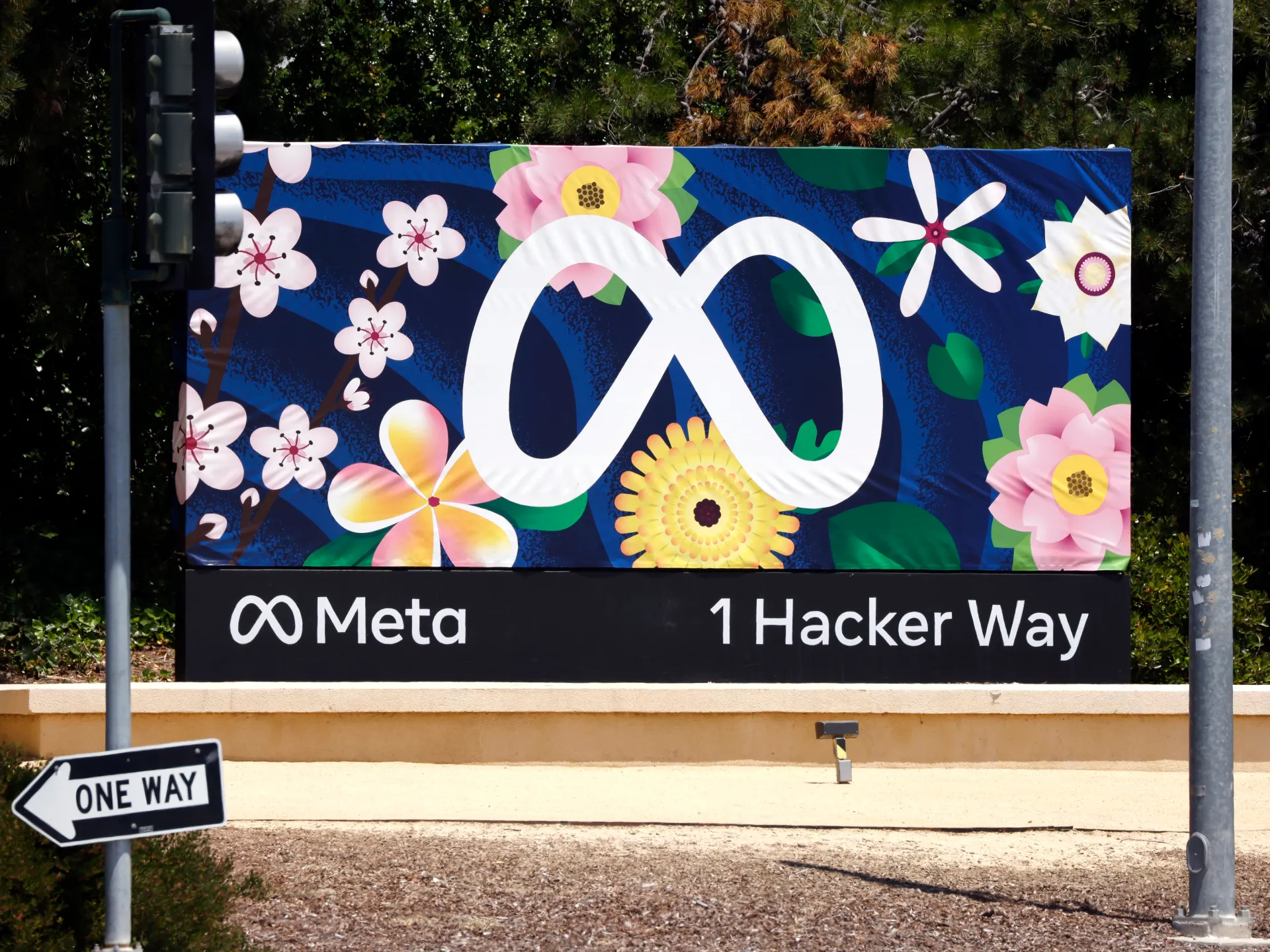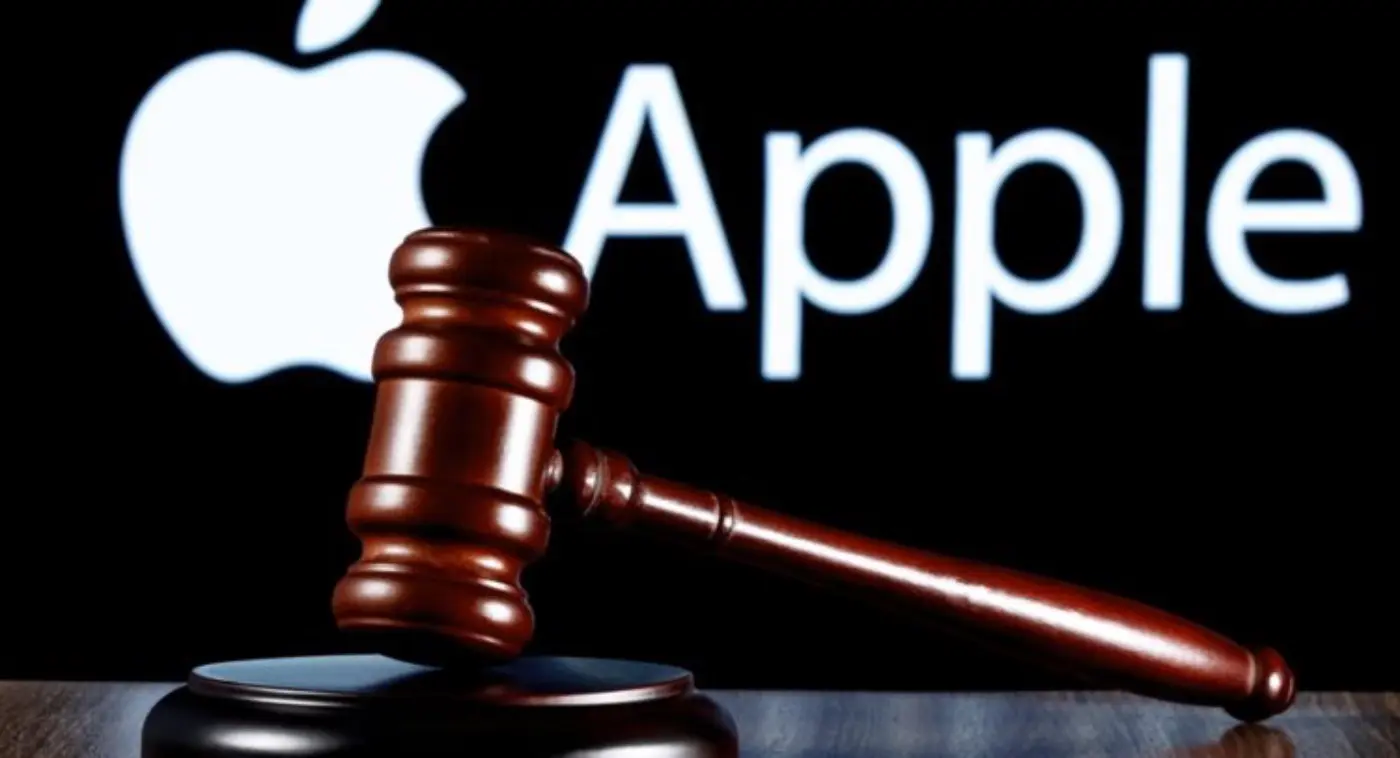On Tuesday, the U.S. Supreme Court denied a Texas teen’s request to reopen his complaint against Snapchat owner Snap for failing to protect minor users from sexual predators, in this case a female teacher who pleaded guilty to sexual assault
The justices denied the plaintiff’s appeal after lower courts dismissed his lawsuit. The plaintiff was not identified by name in the case due to his juvenile status at the time of filing.
Lower courts determined that Snapchat was protected by Section 230 of the Communications Decency Act, which protects internet corporations from liability for user-generated content.
Conservative Justices Neil Gorsuch and Clarence Thomas would have granted the appeal.
In the Texas city of Conroe, approximately 40 miles (65 km) north of Houston, the case pertains to a relationship between the plaintiff, who was 15, and Bonnie Guess-Mazock, a high school science teacher who was 36 years old at the time of the incident in 2021.
Guess-Mazock was sentenced to 10 years in prison after pleading guilty to sexual assault of a minor, as indicated by court filings. Criminal charges were filed against her.
Guess-Mazock was accused by the plaintiff in the lawsuit of using Snapchat, which is renowned for its disappearing photos and videos, to cultivate him by sending him sexually explicit content.
The lawsuit claimed that Guess-Mazock sexually assaulted him for nearly a year and a half, commencing in 2021, until the abuse was discovered when he overdosed on narcotics she either provided or paid for.
Doe filed a lawsuit against Snap, the local public school district, and Guess-Mazock in 2022. His appeal to the Supreme Court was limited to his claims against the Santa Monica, California-based corporation, which sought unspecified monetary damages.

According to Texas law, Snapchat was accused of three counts of negligence in the plaintiff’s civil lawsuit. He accused the company of failing to fulfill its legal obligation to safeguard its minor users from “sexual predators who are attracted to the Snapchat application by the privacy assurances provided by the disappearing messages feature of the application.”
In 2022, U.S. District Judge Lee Rosenthal, based in Houston, dismissed the lawsuit against Snapchat, concluding that the company was protected by Section 230. In 2023, the New Orleans-based 5th U.S. Circuit Court of Appeals upheld Rosenthal’s decision, which prompted the plaintiff to file an appeal with the Supreme Court.
In 2023, the justices deferred to address the scope of Section 230 in cases involving the social media platform Twitter, which is now known as X, and Google’s video-sharing platform YouTube.
Section 230 guarantees that “interactive computer services” are not considered the “publisher or speaker” of information users provide for legal purposes.
In a dissenting opinion that was concurred by Gorsuch, Thomas criticized the court’s decision to deny the appeal, contending that social media platforms increasingly utilize Section 230 as a “get-out-of-jail free card.”
“In the platforms’ world, they are fully responsible for their websites when it results in constitutional protections,” according to Thomas, “but the moment that responsibility could lead to liability, they can disclaim any obligations and enjoy greater protections from suit than nearly any other industry.”
Section 230 has been the subject of calls from individuals across the ideological and political spectrum, including Democratic President Joe Biden and his Republican predecessor, Donald Trump.
This revision guarantees that companies can be held accountable for the content they publish on their platforms.



